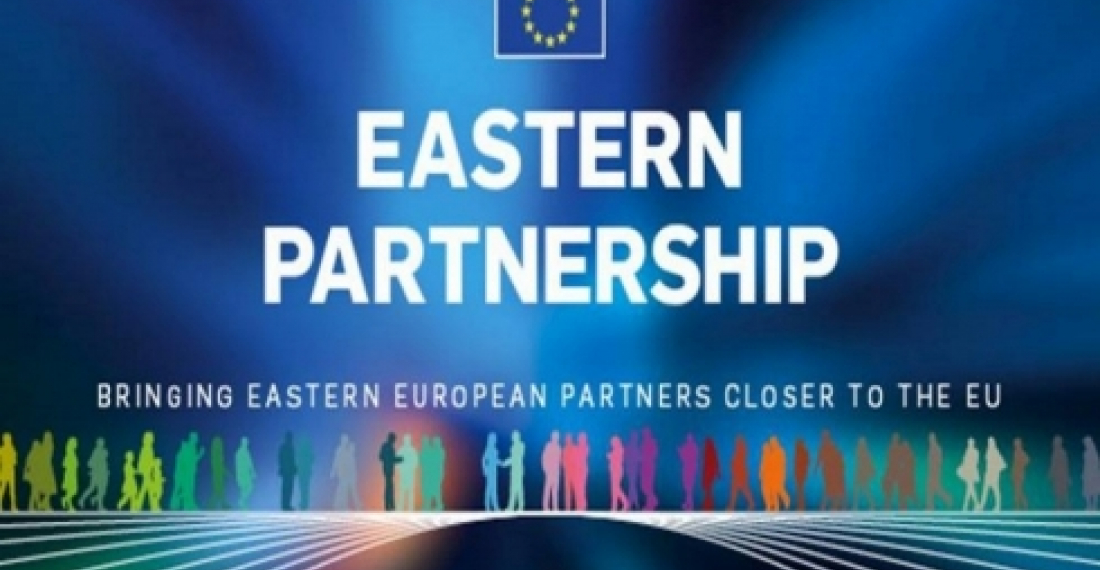Johannes Hahn, EU Commissioner for European Neighbourhood Policy and Enlargement Negotiations, Vytenis Andriukaitis, EU Commissioner for Health and Food Safety and Helga Schmid, Deputy Secretary General of the European External Action Service will engage in exchanges with their counterparts in the Eastern Partnership countries during the sixth Informal Partnership dialogue on 26th of November in Tbilisi.
Hosted by Georgia, the meeting brings together Ministers and high level officials of the six Eastern Partnership countries - Armenia, Azerbaijan, Belarus, Georgia, the Republic of Moldova, Ukraine - for a high level exchange on foreign affairs as well as on health cooperation.
The Informal Eastern Partnership dialogue meeting will give participants the opportunity to reflect on the progress made within the areas of cooperation agreed in Riga Summit and to share their preliminary views on the results of the reviewed European Neighbourhood Policy published on the 18 November. It will also allow an exchange on latest foreign policy evolutions of common interest, including the security challenges in the region. Commissioners and the respective Health Ministers of the six Eastern Partnership countries will also elaborate on common challenges and responses on health cooperation, including cross-border threats to health.
The informal Eastern Partnership dialogues are held twice a year and hosted in turn by the Eastern Partnership countries. They allow for open, informal exchange of views between the partner countries and the EU high level representatives on foreign policy and sectoral cooperation areas.
source: commonspace.eu with europa.eu







